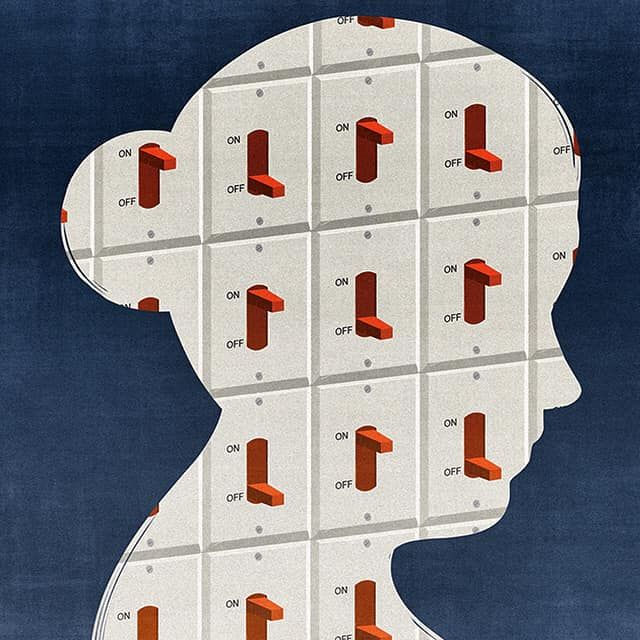How We Help You Heal
Take the first step toward recovery with a free consultation. Let’s talk about what you’re going through and how we can support you.
Personalized therapy sessions with trained professionals
Each client receives tailored sessions based on their unique symptoms, challenges, and goals — guided by experienced therapists.
Evidence-based treatments like CBT & Exposure Response Prevention (ERP)
We use proven psychological approaches that reduce obsessive thoughts and compulsive behaviors over time.
Compassionate, non-judgmental support
You’ll find a safe, supportive space where you’re heard, understood, and never judged.
Structured programs for individuals, couples, or families
Whether you're seeking help for yourself or with loved ones, our programs offer flexibility and guidance for every situation.
Understanding Obsessive-Compulsive Disorder (OCD)
OCD is a mental health condition where intrusive thoughts (obsessions) trigger repetitive behaviors (compulsions). These thoughts are often distressing, and the compulsions are attempts to neutralize them — even if they may not make logical sense. Many individuals with OCD are aware that their behavior is excessive, but feel powerless to stop. Therapy becomes essential when these patterns begin disrupting daily life.



How OCD Shows Up in Daily Life
People with OCD often experience a pattern of distress (due to obsessions) and temporary relief (after compulsions), which reinforces the behavior. This cycle can also lead to guilt, fear, and shame, making symptoms harder to manage alone.
Obsessions (What We Think):
-
Fear of contamination (germs, dirt, illness)
-
Worry about causing harm accidentally (e.g., leaving gas on)
-
Intrusive violent or inappropriate thoughts
-
Need for order or symmetry
-
Religious or blasphemous thoughts
Compulsions (What We Do):
-
Repetitive washing, cleaning
-
Excessive checking (doors, appliances)
-
Avoiding people, objects, or situations
-
Seeking constant reassurance
-
Mental rituals (e.g., counting, praying)
-
Arranging items until they ‘feel right’

Is OCD Affecting Your Daily Life?
If obsessive thoughts and compulsive behaviors are interfering with your work, relationships, or peace of mind, it's time to get support. OCD is treatable with the right approach — and you're not alone.
.png)